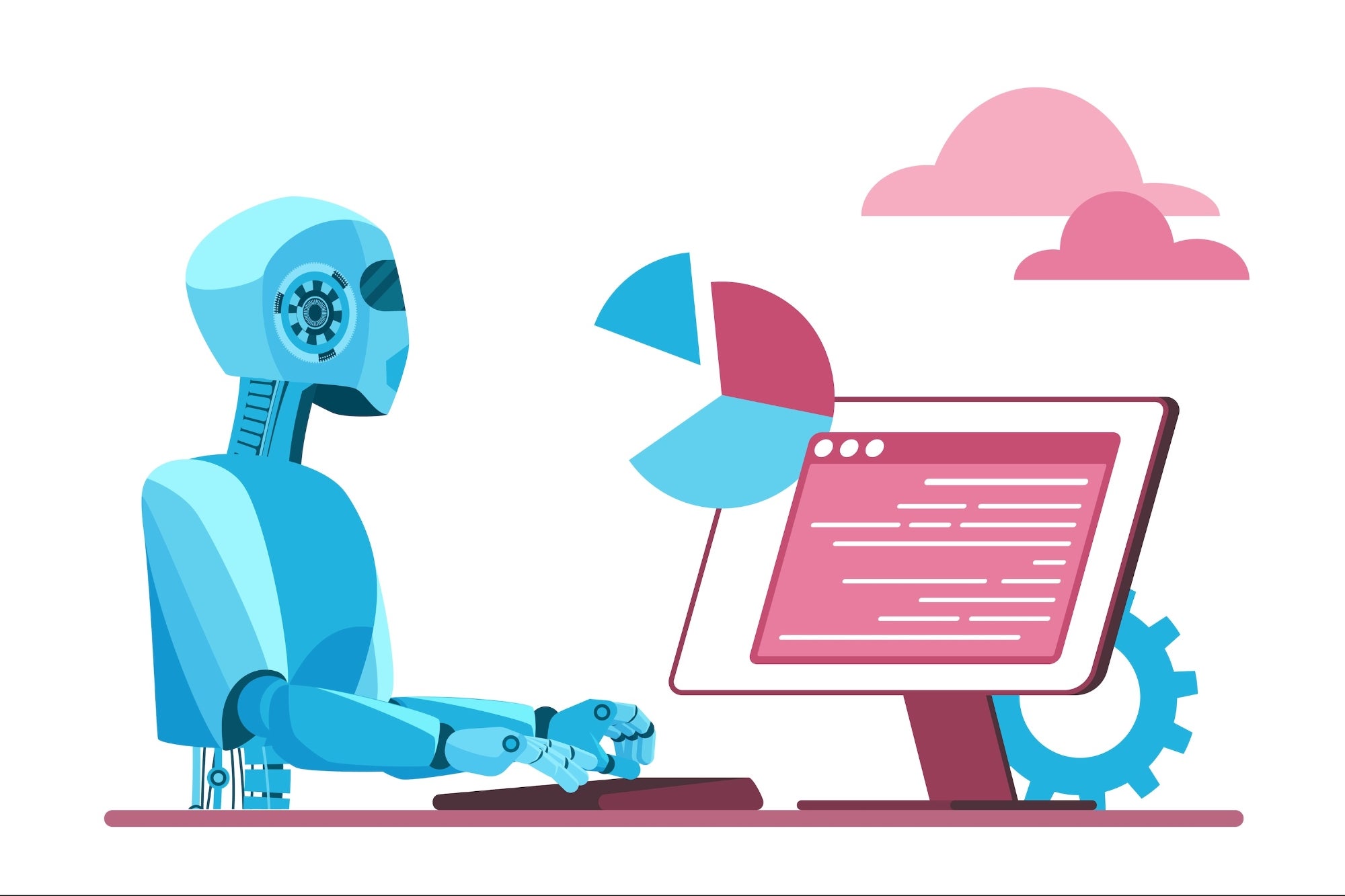Still Chasing Quick Wins? Here's How That Mindset Is Stopping You From Scaling Your Business Long-term success comes from refining the engine, not chasing the outcome.
By Ryan McGrath Edited by Kara McIntyre
Key Takeaways
- Long-term business sustainability is achieved through creating repeatable and resilient systems, not just celebrating big wins.
- A system that evolves and improves with every iteration results in a business that can scale effectively and reliably.
- True leadership requires the discipline to build, evaluate and refine systems that can produce consistent results without dependence on specific circumstances or individuals.
Opinions expressed by Entrepreneur contributors are their own.
Most companies chase wins: a big client, a viral moment or a record quarter. When those wins happen, they celebrate. In my experience, however, the most sustainable businesses aren't the ones that cheer the loudest after a win. They're the ones that quietly get back to work, focused on building systems that make those wins repeatable.
At Asset Living, we often talk about how scale is never accidental. Instead, it's the byproduct of repeatable, resilient systems that evolve over time. More specifically, you build a lasting business by creating processes that get smarter, sharper and more reliable with every iteration.
Start building infrastructure around wins
Success, especially early on, can be misleading. One great hire doesn't mean your recruiting process works. Similarly, one big acquisition doesn't mean your integration playbook is ready.
Short-term momentum can be enticing; a winning streak feels good, but then cracks begin to show. Because the underlying process in place wasn't designed to last — in other words, it wasn't repeatable.
When I look at a win, the first question I ask isn't, "How do we do that again?" It's, "Can we build a system around this?"
Related: 10 Critical Pieces to Gain Momentum in Business (and Life)
What LLMs get right about improvement
Large language models, like ChatGPT and Gemini, don't rely on streaks. They get better through relentless feedback, learning from millions of interactions to become sharper with every cycle. The improvement is systemic. Rather than producing one good output, the system attempts to upgrade the model that produces all outputs. This is the mindset more businesses need.
Wins are great, but the real value lies in the system that created them. Are you analyzing what worked? Are you refining the process? Are you creating feedback loops to feed the next version?
I try to approach my own internal processes at work the same way: as living systems. From onboarding and acquisitions to reporting and operational handoffs, I don't assume something works just because it worked once. I try to measure, adjust and re-architect as needed.
Not every win is worth building around
One of the toughest parts of leadership is resisting the urge to scale a win that isn't actually sustainable. We've had moments where a strategy generated short-term success, but it wouldn't hold up long-term. Sometimes it was overly dependent on one person or circumstance. Other times it didn't align with our long-term operating strategy. As tempting as it was to double down, we walked away.
Sustainable systems require discipline. You have to evaluate not just what worked, but why it worked, who it worked for and whether it can be repeated without you in the room.
Related: Here's How Scaling a Business Really Works (It's Not What You Think)
Behind the scenes: What strong systems look like
The most effective organizations rely on playbooks that evolve over time, covering everything from acquisitions to internal promotions. While the specifics vary, the underlying structure tends to hold: clear milestones, cross-functional accountability and post-mortem reviews to capture lessons learned.
That kind of structure creates the conditions for speed and consistency. It prevents teams from reinventing the wheel and reduces the drag that comes with scale. The same approach applies to how leaders are developed, how performance is evaluated and how information flows across large groups. When something works, it's not left to chance — it's documented, tested and improved.
How to build a system
- Start with the outcome, then reverse-engineer the process. After a win, resist the urge to celebrate and move on. Instead, deconstruct what happened. Ask yourself: What specific actions led to the result? Who executed it? Was it replicable, or was it situational? This analysis becomes the blueprint for a future-ready process.
- Stress-test before scaling. Not everything that works once should be rolled out company-wide. Try the strategy under different scenarios, with different teams and at different altitudes. See if the outcome holds. If it breaks down quickly, the system needs work before it's scaled.
- Create feedback loops. Great systems evolve by design. Build in opportunities for real-time feedback from the people closest to the process. Collect data, learn from missteps and adjust accordingly — just like a language model tuning its next version.
- Document it. Share it. Refine it. A process used by only one team or individual isn't helpful. Write it down, make it easily accessible and let others pressure-test it. Then refine it through usage. The more people who can use and improve it, the stronger it becomes.
- Play the long game. If your strategy only works this quarter, it isn't a strategy. The best systems are built for durability, not immediacy. Invest time and energy into infrastructure that compounds in value and reduces future friction.
- Make it teachable. If a process can't be explained clearly to someone new and executed well without micromanagement, it hasn't yet matured. The more teachable your systems are, the faster your team can grow.
- Build in redundancy. Systems need backups. If your results hinge on a single person or tool, you're one variable away from failure. Build roles and technologies that overlap slightly, so if one part fails, the whole doesn't collapse.
- Audit regularly. Even the best systems expire. Commit to regular reviews to reevaluate efficiency and relevance. Invite internal and external perspectives to avoid blind spots and surface better solutions.
Related: How to Think About the Systems in Your Business
Why systems win in the long run
The most impressive companies aren't the ones with the flashiest headlines. They're the ones with the most consistent output. That consistency is the result of systems — optimized daily, tested constantly and designed to scale.
If you want to stop relying on luck, you need to start investing in infrastructure. Look beyond the highlight reel of your company. Study the engine that produced it because that's where the real competitive advantage lives. Build the system; the wins will follow.











